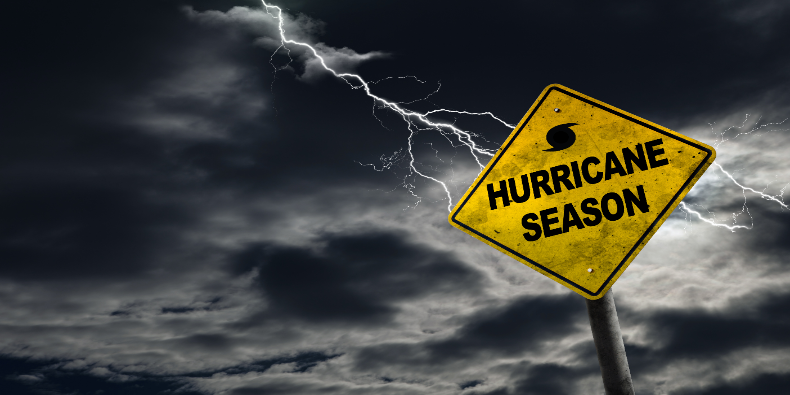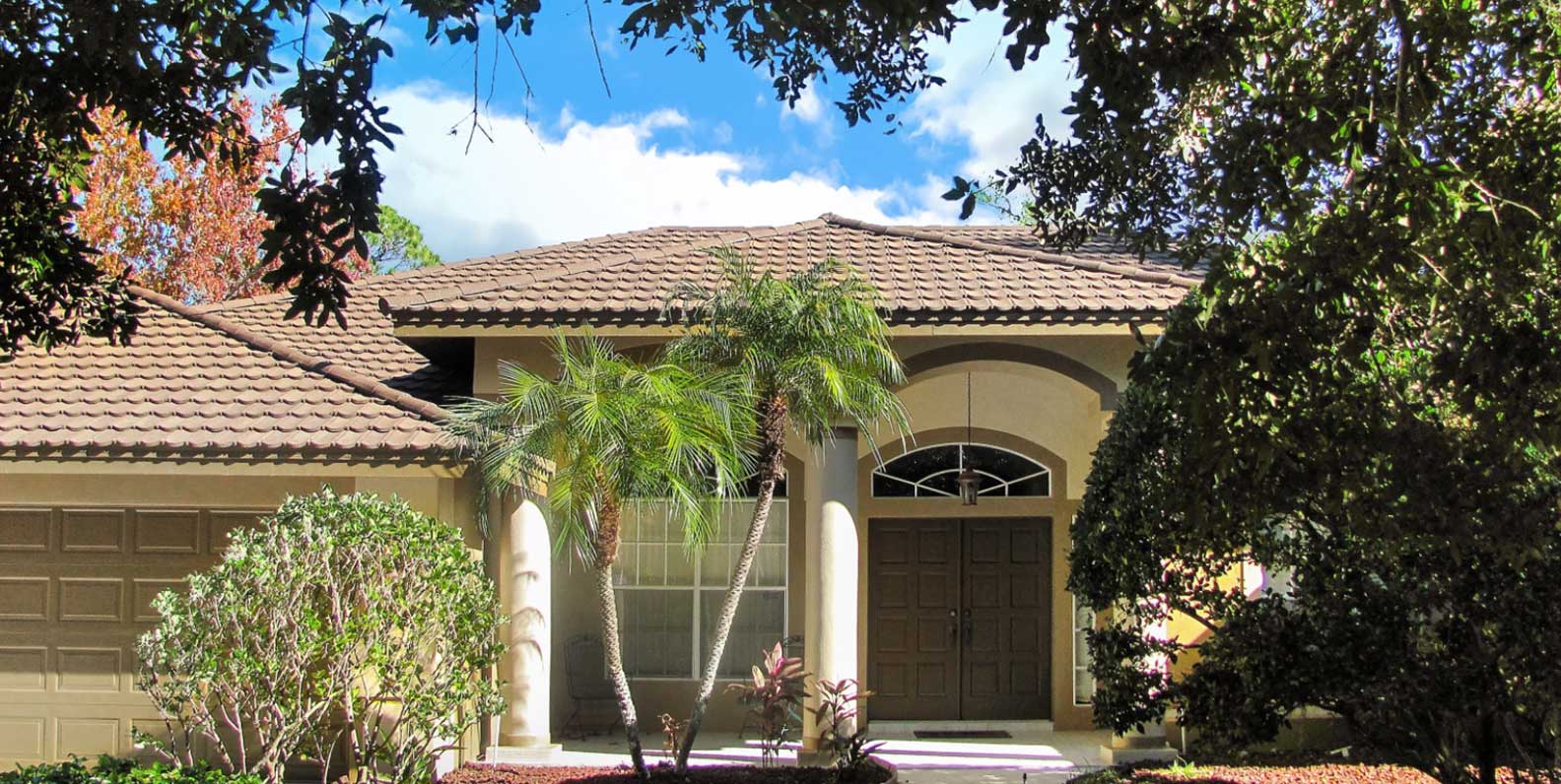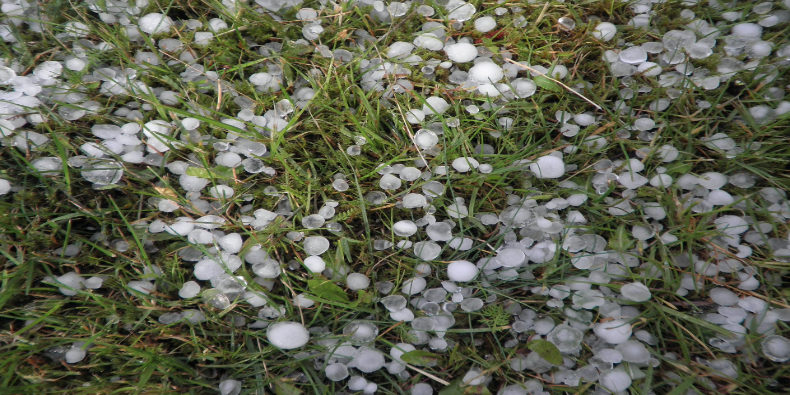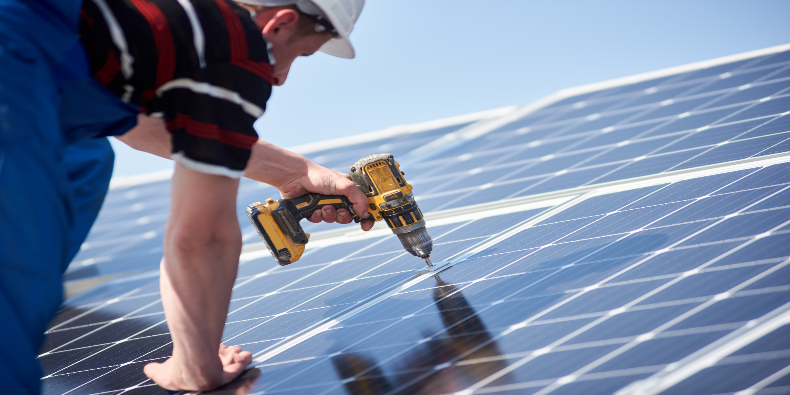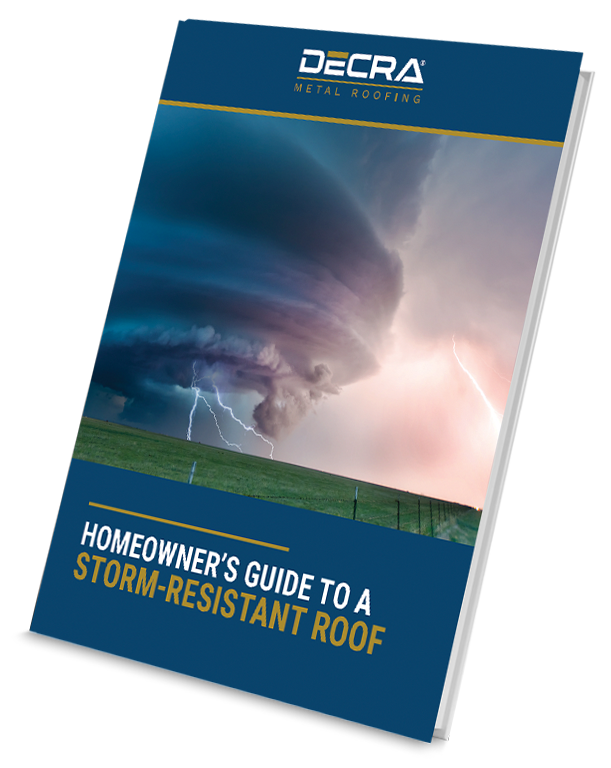Researching the best type of roof for hurricanes? If you live in a hurricane-prone region, you’ll want to find a roof that can answer “yes” to all four of these questions below:
- Does the roof meet building codes for high-velocity hurricane zones?
- Can the roof resist impact from storm debris and wind-driven rain?
- Is the roof lightweight?
- Does the roof come standard with a clear and comprehensive warranty?
Does the roof meet building codes for high-velocity hurricane zones?
In 1992, Hurricane Andrew slammed into Florida as the deadliest and costliest hurricane in recorded history. The destruction and devastation lead to stricter building codes and the designation of high-velocity hurricane zones (HVHZ).
Building products used in HVHZs, including roofing products, are rigorously tested by third-party labs to prove their resistance to high winds.
While only three counties in Florida are designated as HVHZs, roofing products approved for these zones are beneficial to homeowners in regions that experience high winds, particularly those along the coasts.
Can the roof resist impact from storm debris and wind-driven rain?
In addition to meeting the requirements for an HVHZ, you’ll want a roof that resists impact from storm debris and wind-driven rain.
Wind-Driven Storm Debris
Flying debris can be just as dangerous and damaging as hurricane-force winds, so an impact-resistant roof is critical for homes in hurricane-prone regions.
Conducted by Underwriters Laboratories, an independent and not-for-profit lab, the UL2218 Impact test is the industry standard for how well a roof can withstand impact from hail and debris. During the test, a 2” steel ball is dropped on the exact same spot of a roof from varying heights. The roof is then assigned a Class 1, 2, 3 or 4 rating based on how well it resists the impact from the steel ball.
The best type of roof for hurricanes will have a Class 4 rating, meaning the roof did not show any signs of fracture during the test.
Wind-Driven Rain
Hurricanes bring heavy bouts of rain that can enter the home and cause costly water damage. To avoid leaks, mold and other damage from wind-driven rain, you’ll want a roof that passes the TAS-100 test.
The TAS-100 test shoots the equivalent of 8 inches of rain per hour on a roof.
To pass the test, the roof must prevent the blast of rain from penetrating through to the underlying roof deck.
Is the roof lightweight?
The advantages of a lightweight roof are often overlooked. Homeowners are often surprised to learn that when it comes to roofing, heavier is not better due to something called shear strength.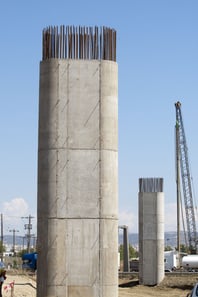
Shear strength is the ability to resist forces that cause the internal structure to slide against itself. Think of the rebar (short for reinforcing bar) in a concrete beam. The purpose of rebar is to provide additional support and increase the shear strength of the beam.
In a hurricane, the horizontal winds (a.k.a. the forces that cause the internal structure to slide) push with great force against the home. A heavy roof can make the home dangerously top-heavy and vulnerable to side forces from a hurricane.
A durable and lightweight roof, such as metal roofing, will add shear strength to the roof deck without adding on additional weight to the top of the structure where it is the least desirable.
Here’s how common roofing materials weigh in:
- Metal Roofing: Up to 1.6 lbs. per sq. ft.
- Wood Shingles or Shakes: Up to 4.5 lbs. per sq. ft.
- Asphalt Shingles: Up to 5 lbs. per sq. ft.
- Clay or Concrete Tile: Up to 10 lbs. per sq. ft.
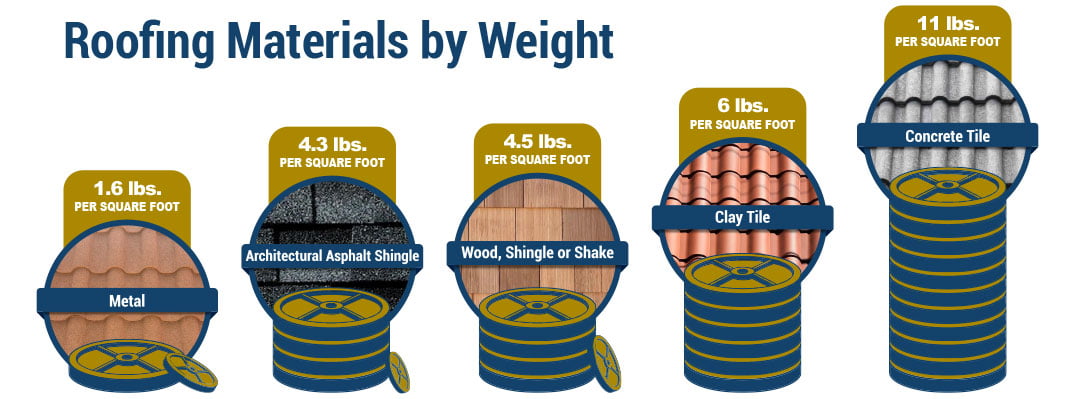
Does the roof come standard with a clear and comprehensive warranty?
You’ll want to look for a roofing material that comes standard with a clear and comprehensive Lifetime Limited Warranty. After all, a warranty is how a manufacturer shows they are confident in the durability and quality of their products.
It is highly recommended to take the time to read the fine print and familiarize yourself with the manufacturer’s warranty since not all warranties are created equal. Use caution if:
- A roofing product doesn’t come with a warranty.
- The manufacturer hasn’t been in business for very long.
- You are required to pay an additional fee for a warranty.
DECRA Metal Roofing for Hurricanes
DECRA Metal Roofing products have withstood hurricanes, tornados, hail and nearly anything Mother Nature has to offer since 1957. DECRA roofs meet the high-velocity hurricane zone requirements of Florida and come standard with a Lifetime Limited Warranty for winds up to 120 mph and are lab tested at twice that velocity.
Our stone-coated metal roofs come with the highest UL2218 Class 4 Impact rating and are known as one of the most durable roofing products on the market. Other benefits of a DECRA metal roof include:
- Longevity: Metal roofs last two to three times longer than traditional roofing materials, such as asphalt shingles.
- Energy-Efficient: As one of the most energy-efficient roofs available, metal roofs can reduce energy costs by up to 25%.
- Low Maintenance: Unlike asphalt shingles or clay tiles, metal roofs don’t require expensive upkeep or frequent repairs.
Ready to experience the DECRA Metal Roofing difference? Order a complimentary sample today.

